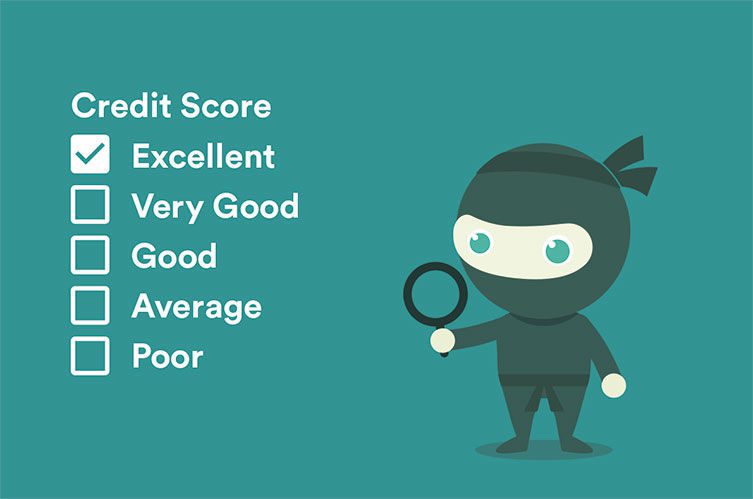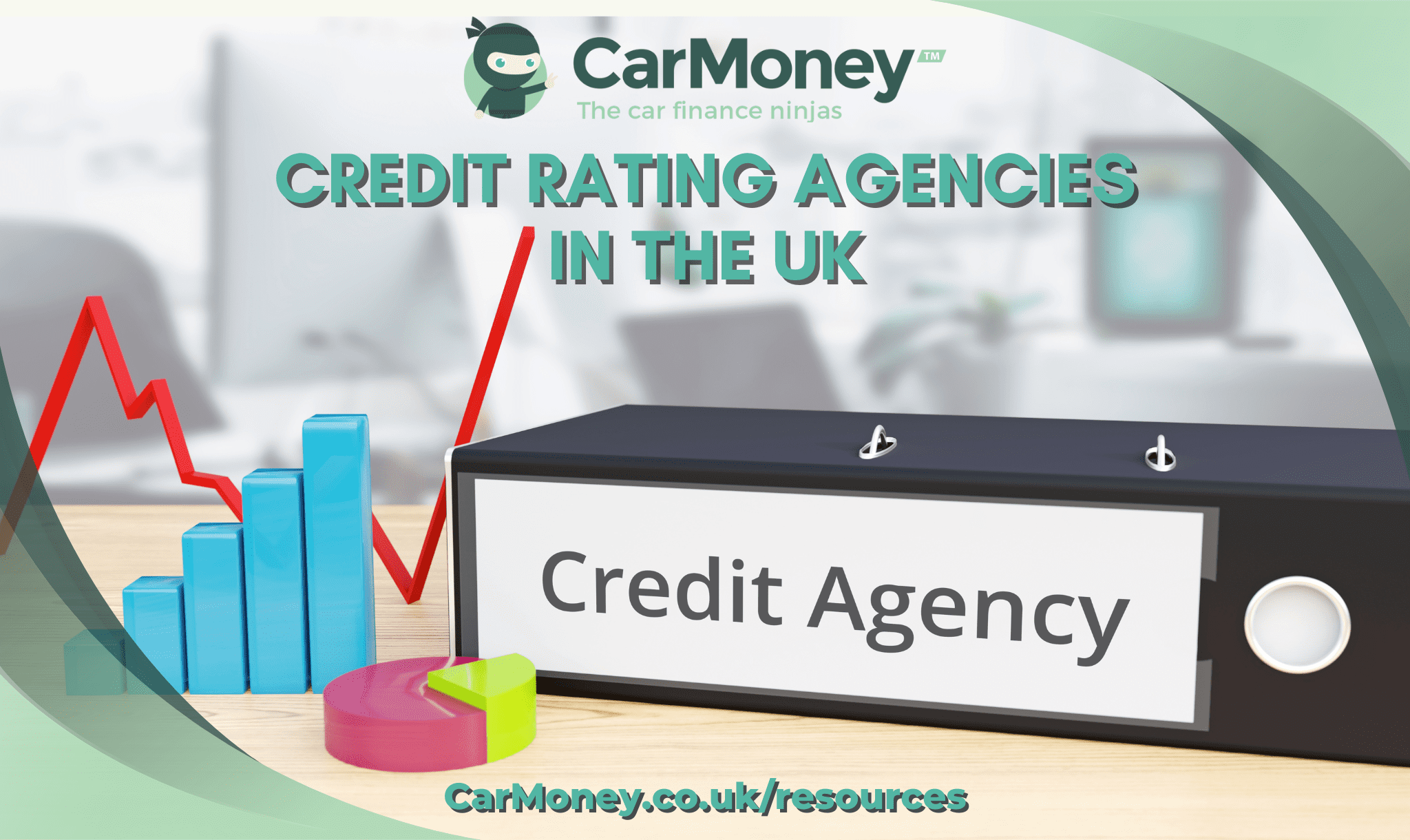What is a Good Credit Score? Ultimate Guide

To answer the question: What is a good credit score?, you must first understand what exactly a credit score is. At its core, a credit score is a signal of how reliable you are to repay your debts, based on your past financial behaviour. A higher credit score gives lenders more confidence that you’ll meet your repayments on time.
Your credit score has a huge impact on almost all aspects of your finances and affects which rates you are offered on a number of products. With a poor credit score you can end up paying the worst rates on credit cards, loans, mortgages and even end up being denied credit altogether!
Whilst in the US, most people are given a single score of between 300 and 850, it’s slightly more complicated here in the UK. We don’t have one individual credit score but instead, lenders calculate their own scores for you based on information held on your credit file by credit reference agencies Experian, Equifax and TransUnion, as well as any extra information they have on you.
This means that some lenders may score you higher than others, depending on their criteria, so a good credit score can differ from lender to lender. However, lenders don’t disclose their scoring systems, or how they calculate them, which makes it difficult to definitively work out what a good credit score is.
Not only that, but the scoring scales given by the credit rating agencies can also vary meaning that, for example, a score of 500 with one agency is considered ‘excellent’, but considered ‘very poor’ with the next.
Whilst the criteria to a good credit score can seem vague and mysterious, learning more about what a credit score is can help you to improve it.
What factors make a good credit score?

What factors make a good credit score? There are several things to consider, and each of them can give you a boost to achieving a better credit score.
A stable employment history
Being able to show a stable employment history is an important factor when a finance provider is determining your credit rating. It makes perfect sense for lenders to check this, as they want a historic insight into you and your employment to date. It helps them get a better picture of the applicant.
A person with a consistent, unwavering employment history will be regarded as lower risk than say, someone with an employment history that has many changes and perhaps periods of unemployment. Every lender worth their two cents will consider this when trying to decide if an applicant merits a good credit score.
A long-established credit history
Another important factor that will be taken into account when lenders are making judgements on credit scores is your credit history. Applicants with a long-established credit history with loans, credit cards, mortgages that show very few or no missed payments will be considered lower risk.
It’s also important to note that having no credit history is not such a good thing in the eyes of lenders. Although it’s a little strange to say it, having a history of debt is a good thing. Just as long as that debt is managed well.
Lenders can see that you’ve had borrowed before and have managed it well, so this would be another factor towards gaining a good credit score. An applicant with no credit history, or a very short one would be considered a little risky; as the lenders can’t get an insight into how well that individual manages debt.
Consistent residential status
Lenders especially like to know where an applicant lives, both presently and historically. They look favourably on individuals who can exhibit a steady resident status. People that hold a good credit score are likely to have lived at the same property for a number of years, either as the homeowner or as a long term tenant.
Another factor that will point you in the right direction to getting a good credit rating will be whether or not you are on the electoral roll. It’s one of the first things a lender will check, so if you haven’t registered yet, it might be a good thing to do.
What is my Credit Score?
To calculate your credit score, lenders typically look at your credit file (how much credit you have had in the past and whether you made the repayments on time), the information on your application form and any past dealings they have had with you. They will then enter all this information into a complicated algorithm to give you your credit score.
You can get a free credit score check online and use your score to estimate your monthly car finance repayments by using our Car Finance Calculator or reading through useful guides like this one on Car Finance with Fair Credit…
Where can you check your credit score?
In the UK there are three companies that collect information on how well you manage credit and make payments. Once they have this information, they turn it into a clear and concise report. By using these companies, you can check your credit score. The three Companies are: Experian, Equifax and Callcredit.
Bad credit car finance | CarMoney
What’s the difference between a credit score and a credit report?
Your credit score is a numerical value which is calculated from information in your report. This denomination allows lenders and landlords to predict how creditworthy you are – in other words, how likely you are to repay a loan and make the payments on time.
Remember, your credit score can change over time, reflecting current financial behaviours.
Your credit report is a summary of your financial consistency and includes your history of paying debts and bills, how many credit accounts you have and your payment history.
Which credit reference agency should I use?
To be perfectly honest, it’s best to use multiple credit agencies to check your credit score. This is because there can be differences in how they collect information – for example: how far back they go with your payment history, one agency may go back four years while another may go back further.
However, if you are applying for credit from a specific lender and know which agency they use, it makes sense to use that one.
What you should be checking in your credit report
Credit reference agencies not only allow you to check your credit score, but also make sure all of the information they have on you is correct. You should check your score and reports at least once a year. This is a case of maintenance more than anything else.
Some things you may want to check are:
– That all of your information is up-to-date (ie addresses on old-accounts)
– That you unlink any financial ties with ex partners
– That you are showing as being on the electoral register
– That you have cancelled any unused store or credit cards
Who can look at your credit score?
Companies, like Experian, may compile the reports, but they don’t just give out the details. Searches for your credit report can only be made with your consent. When you apply to a lender you give them permission to search your credit report.
Credit providers such as banks, building societies, credit card companies and finance lenders will need to look at your credit score if you apply for credit with them. But remember they need your permission to do so.
How to Improve Your Credit Score

These days it’s vital to understand and, if possible, improve your credit score.
The better your credit score, the more confidence a lender will have when it comes to giving you credit. And that’s important to realise, most notably for the fact that these days we purchase through finance more than we ever have. There are the obvious mortgages, credit cards and bank loans, as well as car financing, mobile phone contracts and much more.
Your ability to borrow money is greatly affected by your credit score, and while each lender scores you differently, it’s always good to think about how to improve your credit score.
Clear credit card balances
It may seem obvious to say this, but we’re saying it anyway, because it’s so important. Clearing any outstanding credit card balances will help you improve your credit score dramatically.
This is especially true when you hold more than one credit card. The more credit cards you have, the more credit card balances you have and this can be seen as a negative factor. It’s better to pay off these balances and limit your credit spending to a maximum of one or two credit cards.
This helps consolidate your credit card balance, as well as making it much easier to manage. This will help greatly when it comes to your strategy of how to improve your credit score.
Use a credit card
Although we just mentioned that clearing credit card balances is a significant factor when it comes to learning about how to improve your credit score, we’d also recommend using a credit card in the first place. People with little or no credit history are deemed “hard to predict” by lenders.
By using a credit card wisely, you can build a “good” credit history for yourself. Best practice would be to make purchases of around £50 – £100 a month using a credit card, and then ensuring you pay it back in full and on-time. A good credit history will always stump no credit history in the eyes of lenders, so this is something to definitely consider.
Manage your finances
When looking into how to improve your credit score, we can’t recommend managing your finances highly enough. It’s a great idea to draw up a monthly budget, detailing all your expenses and what money you are due and when it’s due.
Taking the time to manage your finances greatly decreases the risk of overlooking some payments, which can in turn make you late paying bills or credit card balances. Get into a good routine with your finances, and always have, when possible, back up funds for those unforeseeable circumstances.
Be upfront about old debt
Another factor to consider when learning how to improve your credit score is old debt and how it can be a benefit. Many people are keen to omit old debt from their credit report. Many feel that once they’ve paid that debt it shouldn’t be a factor for future credit rating.
However, old debt that you have managed well is an important factor for lenders. It gives them a strong insight into how you managed debt in the past, and actually a long history of well managed debt is going to help greatly with your credit score.
Get on the electoral register
Perhaps one of the easiest things to do to improve your credit score, enrolling on the electoral register is actually a pretty important factor for lenders. If you’re not registered on the electoral roll, you could find it difficult to get credit.
Registering helps you prove where you live, as lenders check your name and address against the electoral roll to make sure you live where you say you do. It’s all about giving lenders peace of mind and confidence in you from the outset of your credit rating report.
Whilst this isn’t a definitive list of how to improve your credit score, we think these factors are hugely important and will help dramatically towards increasing your credit score. It takes time, and improving your credit score is a marathon, not a sprint. So start today and give your credit score a boost.














